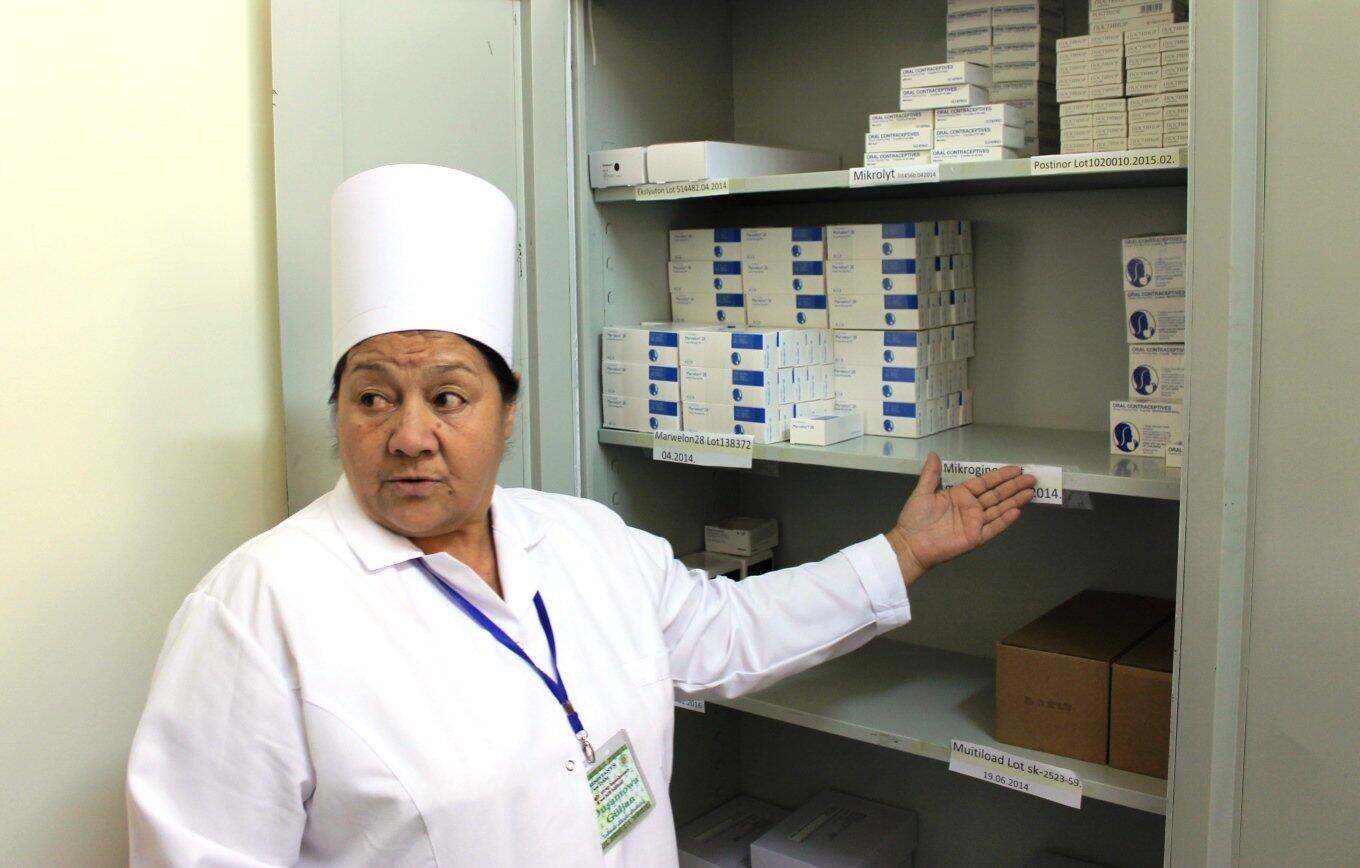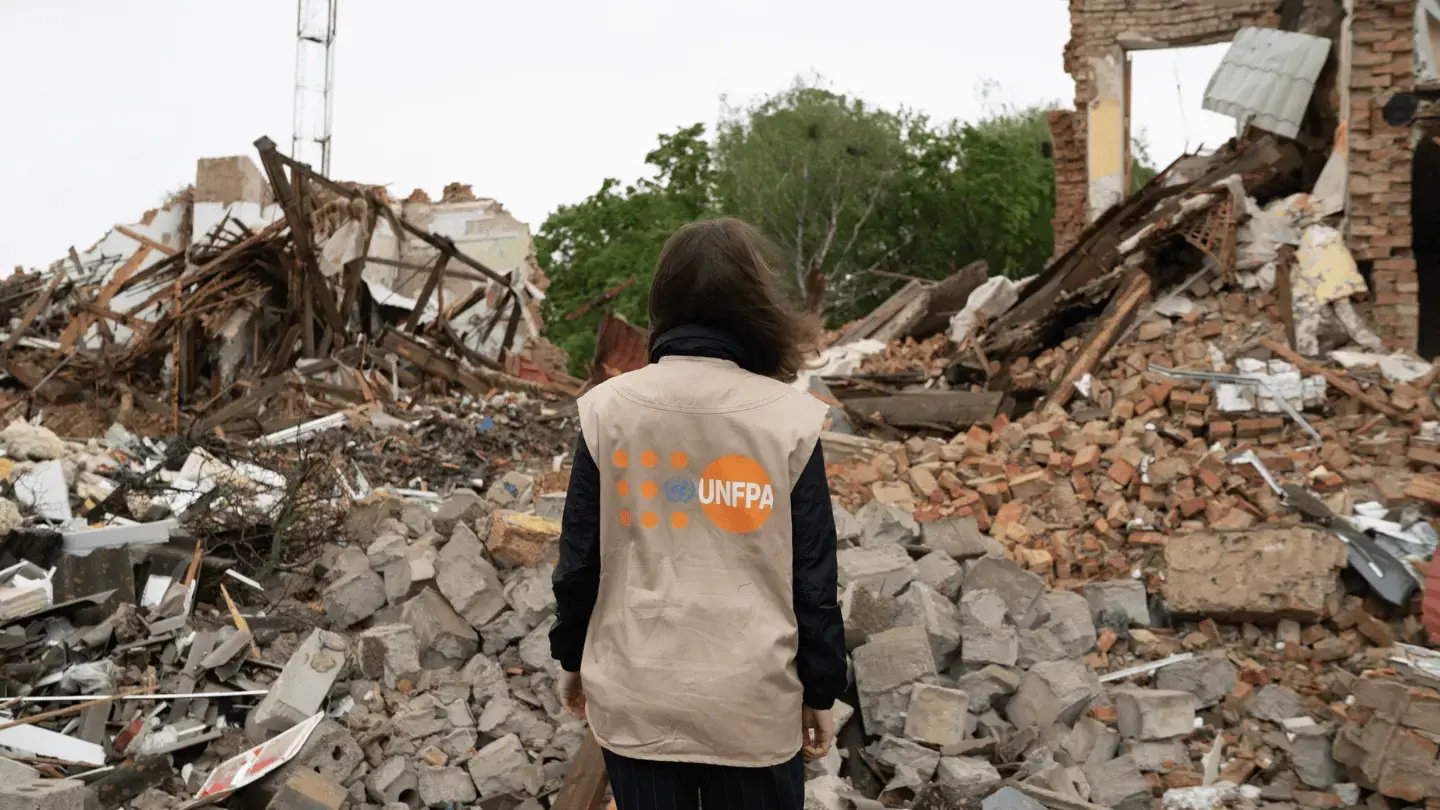ASHGABAT – Turkmenistan will cover national needs for modern contraceptives and other reproductive health commodities from its state budget by 2017, according to an agreement between the country’s Ministry of Health and UNFPA, the UN’s Population Fund, which was signed in Ashgabat.
UNFPA will gradually phase out its assistance for procuring reproductive health commodities over the next four years, as Turkmenistan, recently bumped up to upper-middle income country level by the World Bank, will increasingly assume financial responsibility for the supply of contraceptives.
“Turkmenistan’s willingness to fully cover these costs by 2017 does not only reflect the growing financial means of an upper-middle income country, it also underlines the Government’s commitment to further strengthening the national reproductive health system,” said Werner Haug, UNFPA’s Regional Director for Eastern Europe and Central Asia.
“Full national ownership of the provision of reproductive health commodities will be an important step towards achieving universal access to reproductive health, one of the Millennium Development Goals,” he added.
Worldwide, UNFPA is the largest public sector procurer of modern contraceptives and other commodities essential for ensuring reproductive health, in particular among vulnerable populations. In Turkmenistan, UNFPA has been supporting the supply of contraceptives for over two decades.
Turkmenistan committed itself to establishing an efficient coordination system for the procurement of reproductive health commodities in the Programme of Action adopted at the 1994 International Conference on Population and Development in Cairo.
Since then, Turkmenistan has made significant progress in reforming its reproductive health system. With UNFPA support, the authorities have set up reproductive health centers across the country, introduced a logistics management system for the distribution of commodities, improved data collection mechanisms for identifying needs, and trained medical personnel. As a result, vulnerable populations now have better access to modern contraceptives for the purpose of family planning and the prevention of sexually transmitted infections.
Conditions are in place for Turkmenistan to achieve Millennium Development Goal 5b, on universal access to reproductive health, Haug said: “We are committed to continue working with the Turkmen authorities to strengthen the national reproductive health system, with the goal of ensuring that all individuals can obtain and use affordable and quality reproductive health supplies of their choice whenever they need them.”
For additional information, please contact:
Kemal Goshliyev, RH NPO
Ene Tuyliyeva, Advocacy Communication Associate
Tel: 425250
Web: www.unfpa.org.tm




